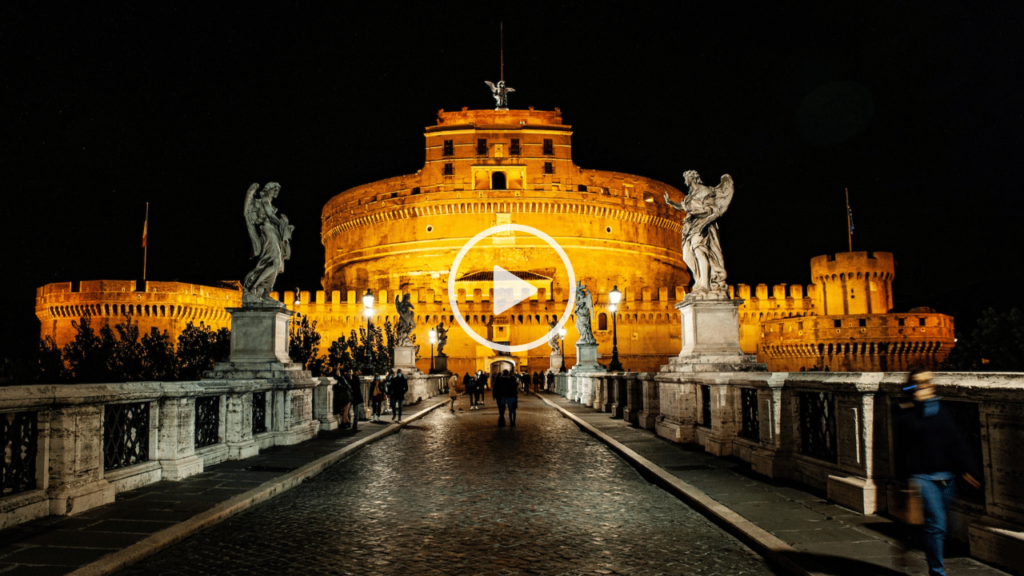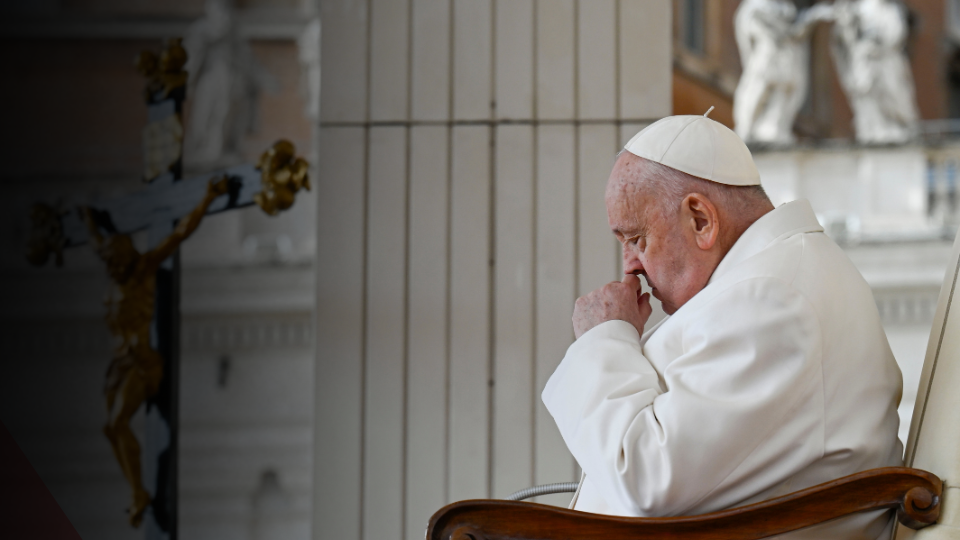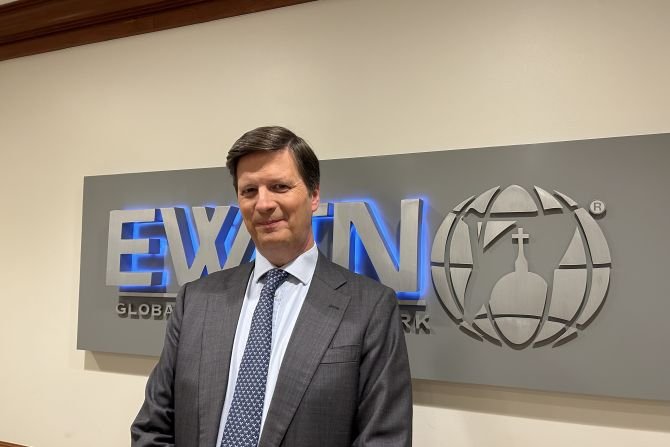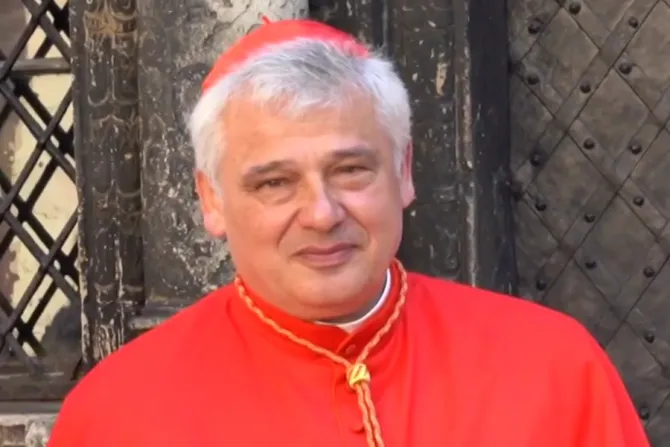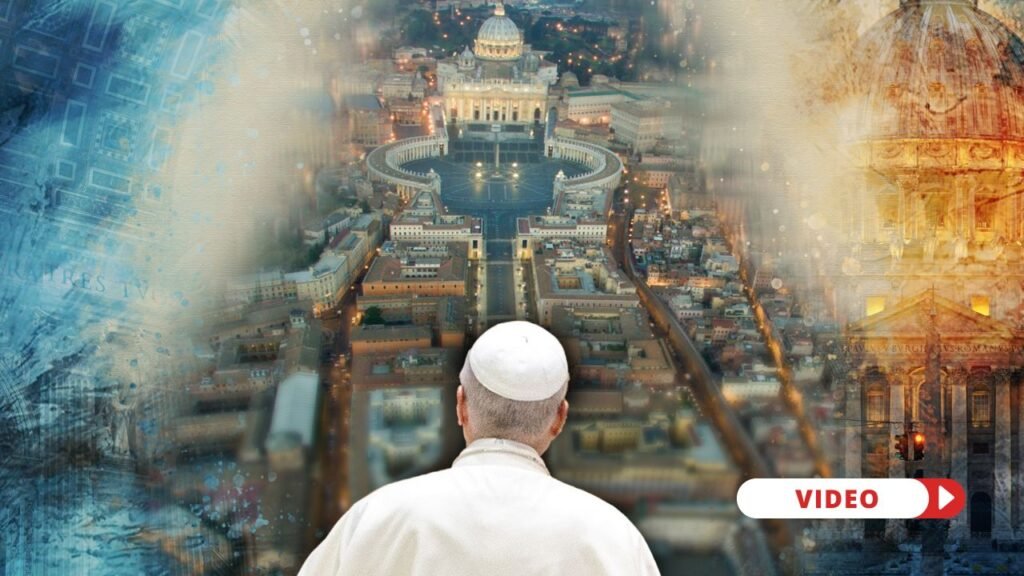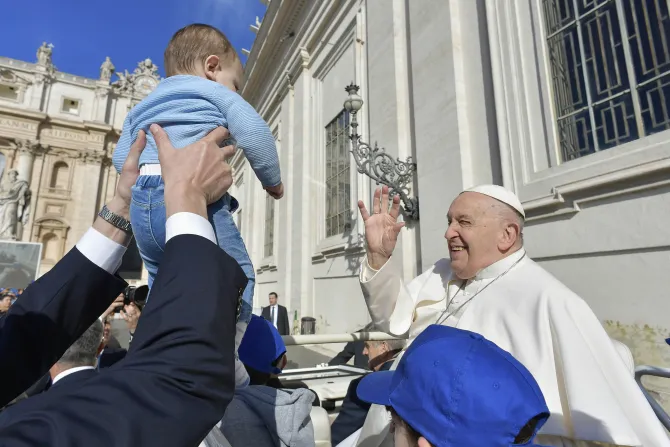In the coming years, three significant anniversaries will be observed to honor the legacy of Thomas Aquinas, the renowned Doctor Angelicus. On July 18, 2023, it will mark exactly 700 years since his canonization. In 2024, the Church will commemorate the 750th anniversary of his death, and in 2025, the 800th anniversary of his birth. This convergence of milestones presents a unique and rare occasion for the three dioceses connected to Thomas:
- the diocese of Sora-Cassino-Aquino-Pontecorvo, where Thomas was born and took his first steps
- the diocese of Latina, home to the Abbey of Fossanova, the place of his death
- the diocese of Frosinone, where Thomas spent time in the castle of his family in Monte San Giovanni Campano
The Papal Letter
It was an opportune moment for Pope Francis to send a letter to the three bishops of these dioceses, initiating a three-year period of celebrations and reflections. Although the letter was not published in the Vatican Press Office bulletin, it was sent personally and subsequently shared through Vatican media. In the meantime, the bishops had already begun taking action based on the letter, informing the faithful and preparing for the first grand commemorative events. On July 18, Cardinal Marcello Semeraro, the Prefect of the Congregation for the Causes of Saints, will be in Fossanova by papal appointment to celebrate a Mass in remembrance of the canonization of St. Thomas. But even before that, on July 14, a pilgrimage will take place to the medieval church of San Tommaso in Roccasecca, the first church in the world to be built and dedicated to Doctor Angelicus.
Pope Francis’s letter was addressed to Bishop Gerardo Antonazzo of Sora-Cassino-Aquino-Pontecorvo, Bishop Mariano Crociata of Latina-Terracina-Sezze-Priverno, and Bishop Ambrogio Spreafico of Frosinone-Veroli-Ferentino and Anagni-Alatri.
In his missive, Pope Francis emphasizes that the Doctor Communis (another title for Thomas) is “a resource” for the Church of today and tomorrow, echoing his request at last year’s International Thomistic Congress to rediscover Thomas Aquinas’s roots.
Pope Francis writes, “Guided by the constant awareness that the truths of faith, starting from the Uni-Trinity of God and the divinity and humanity of Christ, do not ‘rest’ solely in the intellect but substantiate the daily existence and concrete commitment of every believer in the Church and society, Thomas, as a good Dominican, dedicated himself generously to evangelization, devoting himself wholeheartedly through prayer, serious and passionate study, impressive theological and cultural production, preaching, responding to requests from his Order, Ecclesiastical Authorities, and the civil world, as well as his acquaintances and friends.”
Recalling that Pope Paul VI described Thomas as the “light of the Church and the entire world,” the Pope emphasized that honoring Thomas profoundly as a “living source” means “focusing on the study of the works of St. Thomas in their historical and cultural context and, at the same time, treasuring them to respond to today’s cultural challenges.”
Pope Francis entrusts two tasks to the bishops: the “patient and synodal construction of the community” and “openness to the entire truth.”
Regarding the first task, the Pope reminds us that “true synodality is growing together in Christ as living and active members of the ecclesial Body, closely united and connected to one another. A Church whose communal dimension is nourished and manifested in the sacramental life and liturgy, spirituality, cultural and intellectual diakonia, credible witness, charity, and attention to the poorest and most vulnerable.”
And then, openness to the truth, following in the footsteps of Thomas, who, as Pope John Paul II wrote, “disinterestedly loved the truth.”
However, Pope Francis emphasizes that the “formidable heritage” of St. Thomas is primarily his holiness, characterized by particular speculation that did not shy away from the challenge of being provoked and measured by lived experiences, including unprecedented issues and paradoxes of history—a dramatic yet magnificent place to discern in it the traces and direction towards the Kingdom to come. “Let us then put ourselves under his guidance!” the Pope exclaims.
On July 14, in Roccasecca, Bishop Gerardo Antonazzo received papal authorization to confer the papal blessing on all present. From that day until July 18, 2024, during the Jubilee Year of St. Thomas, it will also be possible to obtain a plenary indulgence.


